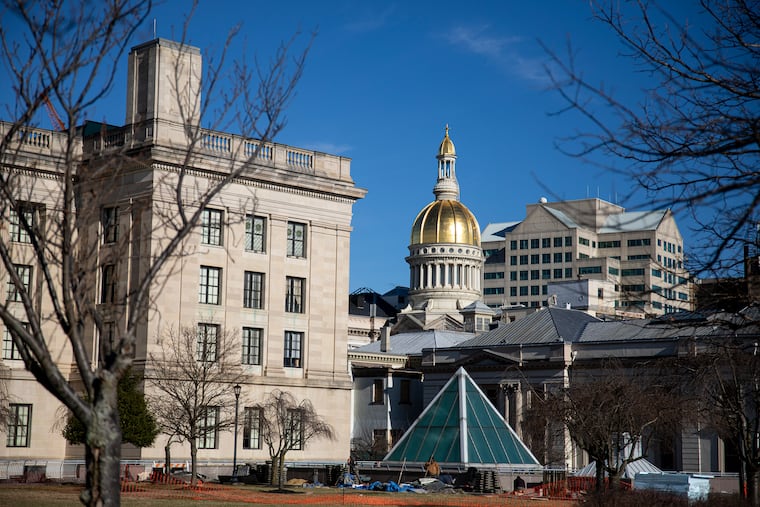N.J. Senate committee wades into controversial corporate tax breaks, suggesting reforms
But the governor's office said the proposals don't "go far enough" to rein in corporate incentives.

New Jersey legislators on Friday issued their recommendations for fixing how the state gives out corporate tax breaks, seven months after a controversial multibillion-dollar tax incentive program expired.
State senators said the legislature should both create a position for a chief compliance officer, and establish an inspector general’s office at the Economic Development Authority, the agency that oversees New Jersey’s tax credit programs for businesses.
Companies that receive awards in the future should have to sign community benefit agreements to guarantee jobs, affordable housing, or other improvements for local residents, state senators said. Businesses should also be required to engage in workforce training and educational partnerships, according to the recommendations.
The report, published by a special state Senate committee, stopped short of a key reform measure that Gov. Phil Murphy would like to see: A cap on the amount of tax credits that New Jersey issues each year.
Rather, the committee said, the legislature should consider limiting the size of awards for individual companies, but not the annual amount of incentives that the state can grant.
“We took a hard look at the programs in place to determine the reforms needed to make them work with more transparency and accountability,” said State Sen. Bob Smith (D., Middlesex), the committee’s chairman. “We reviewed past practices with a critical eye so that we can develop constructive strategies for economic growth."
Murphy’s office said that the administration was “gratified” by the report, and that many of the committee’s suggestions are already reflected in the governor’s plan to recast the state incentive programs. But a Murphy spokesperson also said the senators’ recommendations “do not go far enough” when it comes to capping tax breaks.
An annual cap "is integral to the program,” said spokesperson Darryl Isherwood. “In fact, even the nationally recognized experts that testified before the Senate committee recommended an annual cap on any incentive package.”
The state has approved about $9 billion worth of tax breaks that are awarded to companies over time. Businesses can use the credits to offset their tax bills, or sell them to other companies to use. Last year, the state treasurer told lawmakers that New Jersey will lose out on about $1 billion in revenue per year between 2020 and 2023, as companies redeem the tax breaks.
New Jersey Policy Perspective, a left-leaning group that’s been critical of the tax break programs, said some of the committee’s recommendations are “worth pursuing,” including loans for small businesses. But the group also zeroed in on the lack of a hard cap for total annual awards.
“The fact remains that New Jersey is not in the financial position to give out limitless corporate tax breaks, and hard caps should be a nonnegotiable component as lawmakers consider tax subsidy reform,” said Sheila Reynertson, a senior policy analyst with NJPP.
The Senate committee’s report follows intense scrutiny of tax credit programs. A scathing comptroller’s audit in early 2019 prompted Murphy to appoint a special investigative task force to review the programs. State and federal authorities also launched probes in connection with the tax incentives.
The work of the task force — which held its own hearings and issued two harsh reports — has roiled state politics over the past year and sharpened divides between the Democratic-controlled legislature and the Democratic governor.
The Senate’s Democratic leaders are seen as close to George E. Norcross III, an insurance executive and de facto leader of the South Jersey Democratic machine, who has feuded openly with the governor. The Murphy-appointed task force has suggested that companies tied to Norcross were awarded tens of millions of dollars more in tax credits than they deserved, while Norcross has defended the program, saying it has helped revitalize Camden.
Meanwhile, the Grow New Jersey incentive program expired last year on June 30, meaning that the state cannot consider new project applications submitted after that date. While the state Senate proposed a stopgap extension of Grow NJ until early this year, Murphy conditionally vetoed that bill in August, and offered five new incentive programs instead. Legislators didn’t take him up on that.
“Now that both the committee and the governor’s task force have weighed in with recommendations, we expect there will be no more delays from the legislature on passing a new incentives package,” Isherwood said.